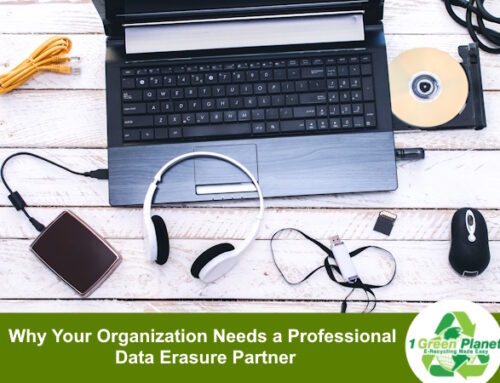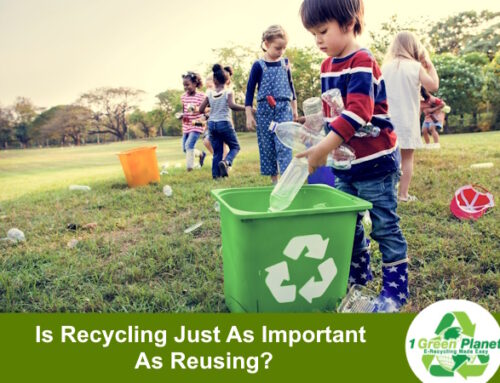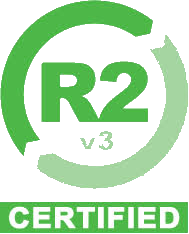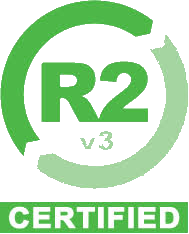Published on February 16, 2019, Updated on January 12, 2022
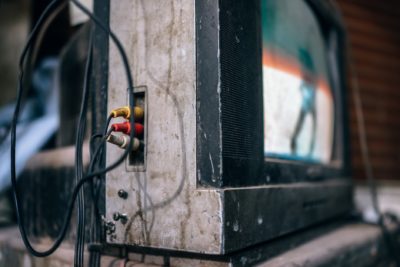
Not a Priority
We no longer live in a time where devices are built to last. And when devices do fail, our priority isn’t to focus on what to do with the broken device, but rather how quickly we can find a replacement. So what do we do? We throw the broken electronics in that previously mentioned drawer or closet and head to the store. Maybe we think we’ll get it repaired and have it as a backup for the family, or we’ll figure out how to properly dispose of it later. Whatever our reasoning, the truth is out of sight, out of mind, and it ends up sitting far longer than we ever intend. The best thing to do is make a concerted effort, gather up all of your non-functioning electronics and figure out a way to properly dispose of e-waste.
Security Concerns
Another common reason for throwing that laptop or phone in a drawer instead of throwing it out is that you don’t have the time or expertise to remove your personal data and information from the device. We conduct so much of our lives through personal electronics, that privacy and data security are legitimate concerns when it comes to disposing of those devices. Simply throwing the devices into the trash, aside from the environmental impact, can expose you to serious identity theft. The advantages of seeking out a recycling service is that professional e-recycling operations will ensure data destruction and provide the necessary documentation certifying destruction.
Non-Disposal Isn’t As Environmentally Conscious As Recycling
Your electronics hoarding might be fully intentional. While e-waste might only account for small overall percentage of waste in landfills, that small amount of waste can account for as much as 70% of the toxic waste found in landfills. This might cause consumers to think it’s better to keep broken and unused electronics rather than throwing the equipment into the normal trash. And they are right, but that’s only half the solution. What they aren’t taking into consideration is the impact on supply lines and the overall manufacturing industry by not recycling their unused electronics. The EPA reports that among other valuable precious metals, $60 million worth of silver and gold hits landfills in the form of non-recycled electronics components. This says nothing of the glass, plastics, and other reusable or recyclable components that could be reintroduced into the supply line for electronics manufacturing to save costs and reduce environmental impact.
Lack of Awareness
In many cases, those who hoard devices and electronics are not doing so maliciously – it’s often that they know they cannot throw devices into the trash, but don’t know of an alternative. While a number of commercial entities like Best Buy and Staples offer trade in and drop off programs for electronics recycling, there are growing number of equally accessible organizations offering these services to the public.
In Washington, 1 Green Planet offers local drop off and scheduled pick-up of electronics and machinery for recycling at their zero landfill operation. Do yourself and the environment a service and clean out those closets and storage bins and put your e-waste to work for the rest of the world.

